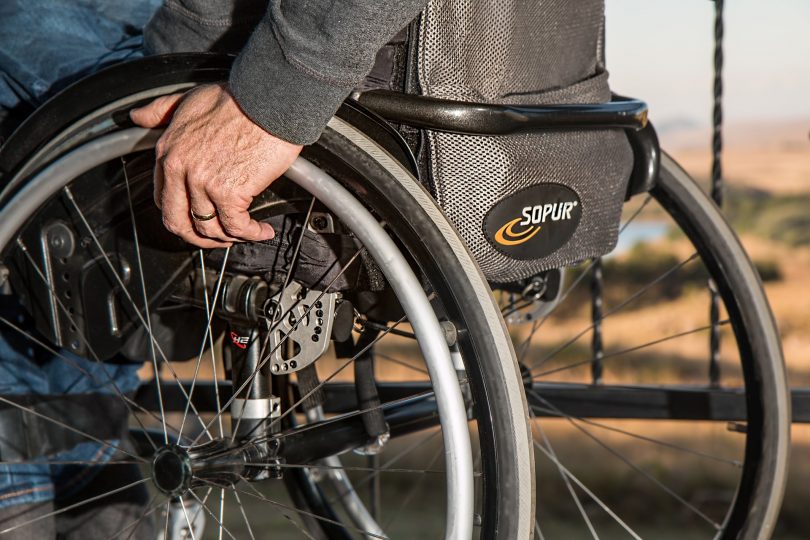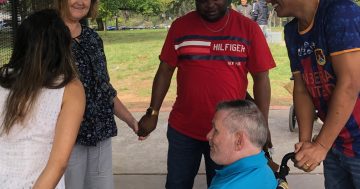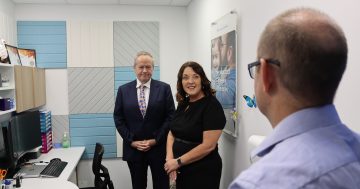
Applying for the National Disability Insurance Scheme can be a complicated process leading to some people not receiving adequate support. Photo: File.
Applying for support from the National Disability Insurance Scheme (NDIS) is not always an easy or straightforward process, leading to some NDIS participants not receiving adequate assistance to cover the needs of their disability.
“The NDIS was a watershed reform, and in many ways world-leading,” says Dominic Cookman, senior associate and government advisory team member at Snedden Hall & Gallop.
“This led participants (or would-be participants) and their families to believe the process for applying for funding and receiving appropriate support would be a straightforward and simple process.
“Unfortunately, many discover the process can be quite complicated, and the NDIA [National Disability Insurance Agency, which is charged with administering the NDIS] is not always easy to deal with.
“To ensure they get the desired level of support, NDIS applicants and their families must be prepared to work hard to gather all the appropriate evidence needed. This includes making sure all supports requested have a documented basis in recommended medical, psychological and occupational therapist advice.”
Dominic says any medical or other reports must address not only the diagnostic aspects of the disability, but also its practical aspects. For example, reports should include detailed descriptions of the difficulties the applicant has in performing the daily tasks of living, such as eating, walking and showering.

Snedden Hall & Gallop senior associate Dominic Cookman. Photo: Michelle Kroll.
Importantly, medical and other treatment providers must specify the frequency of treatment that is needed by the client, and if possible, a justification for that frequency.
Dominic says the NDIS often makes its own assessment of the frequency of treatment that is required by the client.
“We have been consulted by clients in the past who have only been approved by the NDIS for monthly treatment sessions rather than the weekly treatment sessions that were clinically required,” he says.
“Therefore, it can be helpful to supply evidence that not only outlines recommendations for the frequency of care, but also canvases other possible treatment regimens and explains why they are not suitable for your particular circumstances.”
Dominic recommends asking your medical practitioner to send you a draft of their report before they finalise it so you can also have input. Where possible, a medical report should include costings of proposed treatment and/or adaptive aids, and references to sources and providers to substantiate those costs.
“The NDIS is often inclined to be sceptical of any treatment recommendation as a default position,” he says.
“Its officers often allege that the suggested treatment is unnecessary. So it is important to provide the relevant evidence in the initial NDIS application.
“When the support given under the NDIS is adequate and appropriate, it can be life changing, and well worth the effort required in applying.”


















